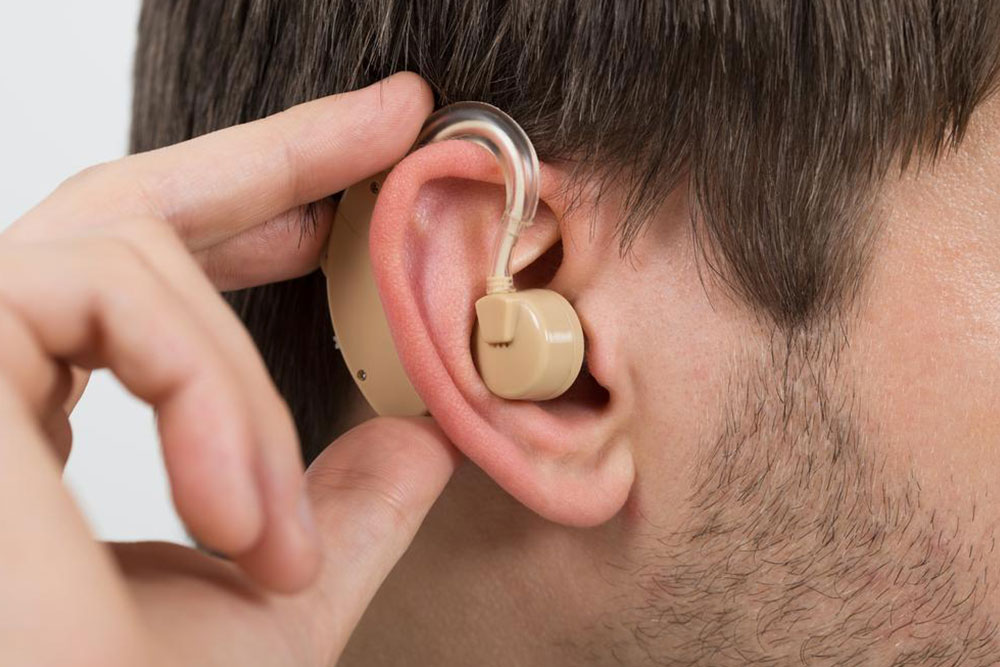A guide to invisible hearing aids
For years, seniors with a hearing loss had to wear the traditional hearing aid that did not give them any scope to keep their hearing problem a secret from the society. For these people, carrying out their daily routine with the hard-to-miss hearing aid has been dreadful.
Things have changed now.

Why should you invest in invisible hearing aids?
Here are some reasons that make invisible hearing aids worth the buy:
They are indeed invisible
For those senior citizens who are embarrassed by their hearing loss or are conscious about it, the invisible hearing aid helps them be confident and live a normal life.
They are efficient
You must know that invisible hearing aids are placed farthest inside the ear canal. There are no additional wires or tubes that are used in this device. This makes it much more efficient than the regular hearing aids.
It sounds much more natural
Again, the placement of this type of hearing aid preserves the sound cues that are created when the sounds interact with the shape of your ear and make it sound natural. It is also easy for you to identify where the sound is coming from with these hearing aids.
How to maintain invisible hearing aids?
When it comes to maintenance, you need to be extra careful in case of this kind of hearing aid. As these hearing aids are placed deep inside the ear canal, they are constantly exposed to moisture and ear wax. So, it is important that you daily take them out and clean them thoroughly. After you clean them, don’t forget to dry them properly because moisture might reduce their shelf life.
How much do they cost?
Invisible hearing aids are comparatively more expensive than regular hearing aids. One of the reasons for their high cost is that they are almost customized according to the patients. Multiple deep ear impressions and several ear models later, you will find a piece that will fit you perfectly. Since this is a time-consuming process, you will have to pay a little more for invisible hearing aids.
If you have a severe hearing problem or your ear canal is too narrow, then an invisible hearing aid might not be right for you.
Just make sure that you consult your audiologist and discuss your case before you buy them.











